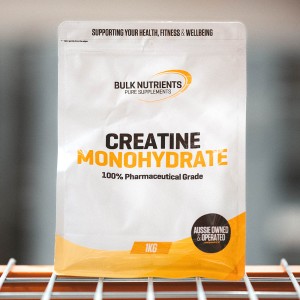Creatine Made Easy!
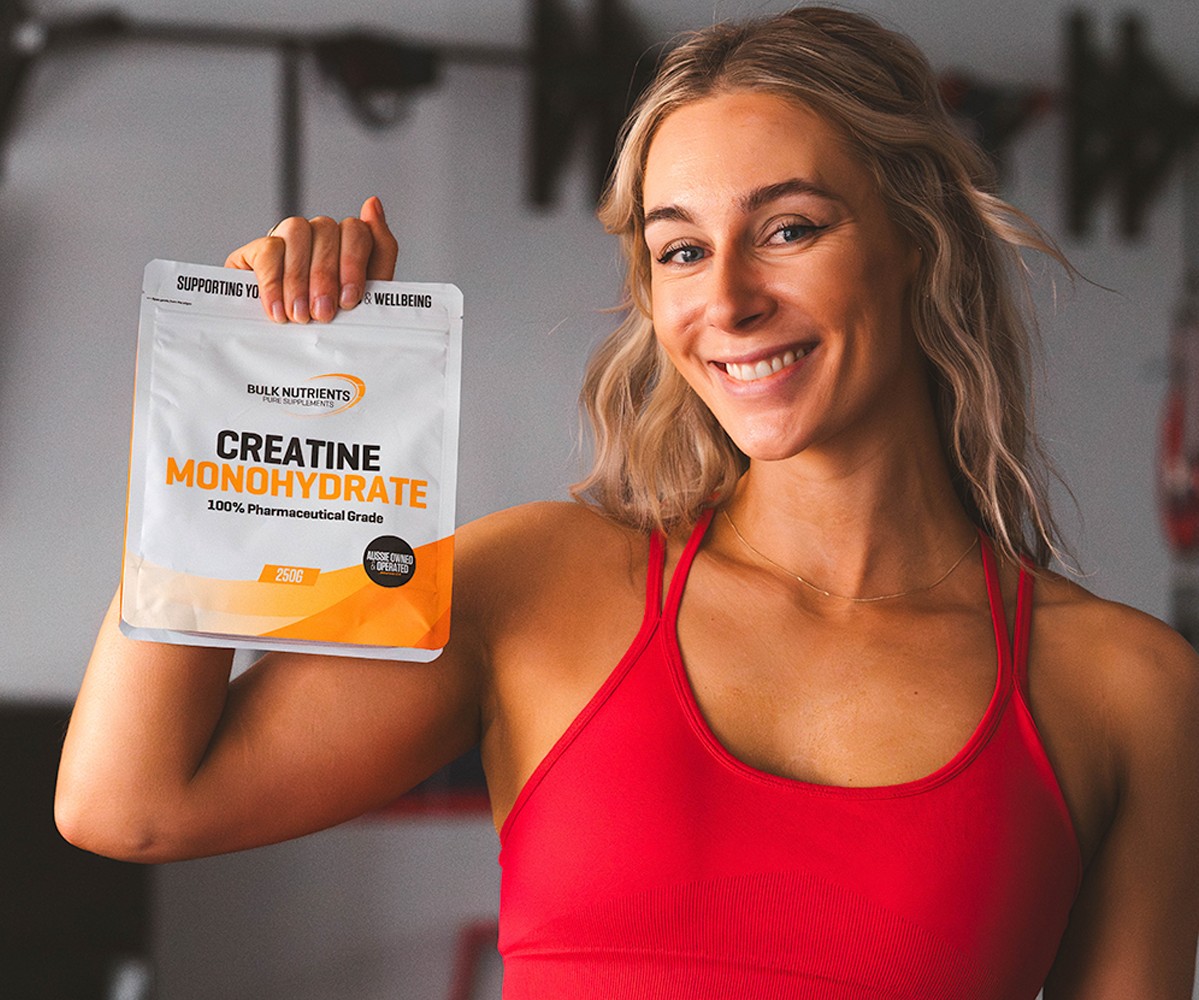
Creatine Monohydrate may be the single most studied product in the history of dietary supplements. With over 70% of the scientific research showing strong performance benefits, Creatine appears to be one of the few supplement must-haves, especially for strength/power/bodybuilding athletes, as well as having some limited benefits for endurance athletes.
How creatine works
Creatine supplementation can potentially impact exercise performance through several different mechanisms. The most direct is by increasing muscular stores of Creatine Phosphate which is used to resynthesize ATP during high-intensity activities lasting between ten seconds and two minutes, with little to no benefit for activities lasting longer than that.
Creatine may also help to buffer changes in muscle acidosis, as well as sparing glycogen utilization during short-duration activities.
Creatine also appears to improve recovery between repeated bouts of a high-intensity activity such as repeated sprints or intervals.
In addition, Creatine has been suggested to increase the gains in muscle mass with training.
Creatine for endurance athletes
While the benefit of Creatine for strength/power athletes/bodybuilders is well established, the role of endurance athletes is more debatable.
Based on its mechanism of action, there is little reason to expect Creatine supplements to greatly benefit endurance events or any event lasting longer than about three minutes.
For the most part, research has supported this with Creatine having no real impact on endurance performance.
However, studies examining intermittent endurance performance (interval training) have found some benefit, which is in keeping with the mechanism of Creatine.
Also, post-exercise Creatine supplementation by endurance athletes has been found to improve recovery by decreasing markers of muscle inflammation and damage.
However, any improvements in anaerobic performance have to be balanced against the weight gain that can occur; the increase in body weight could easily overcome any improvements for endurance athletes.
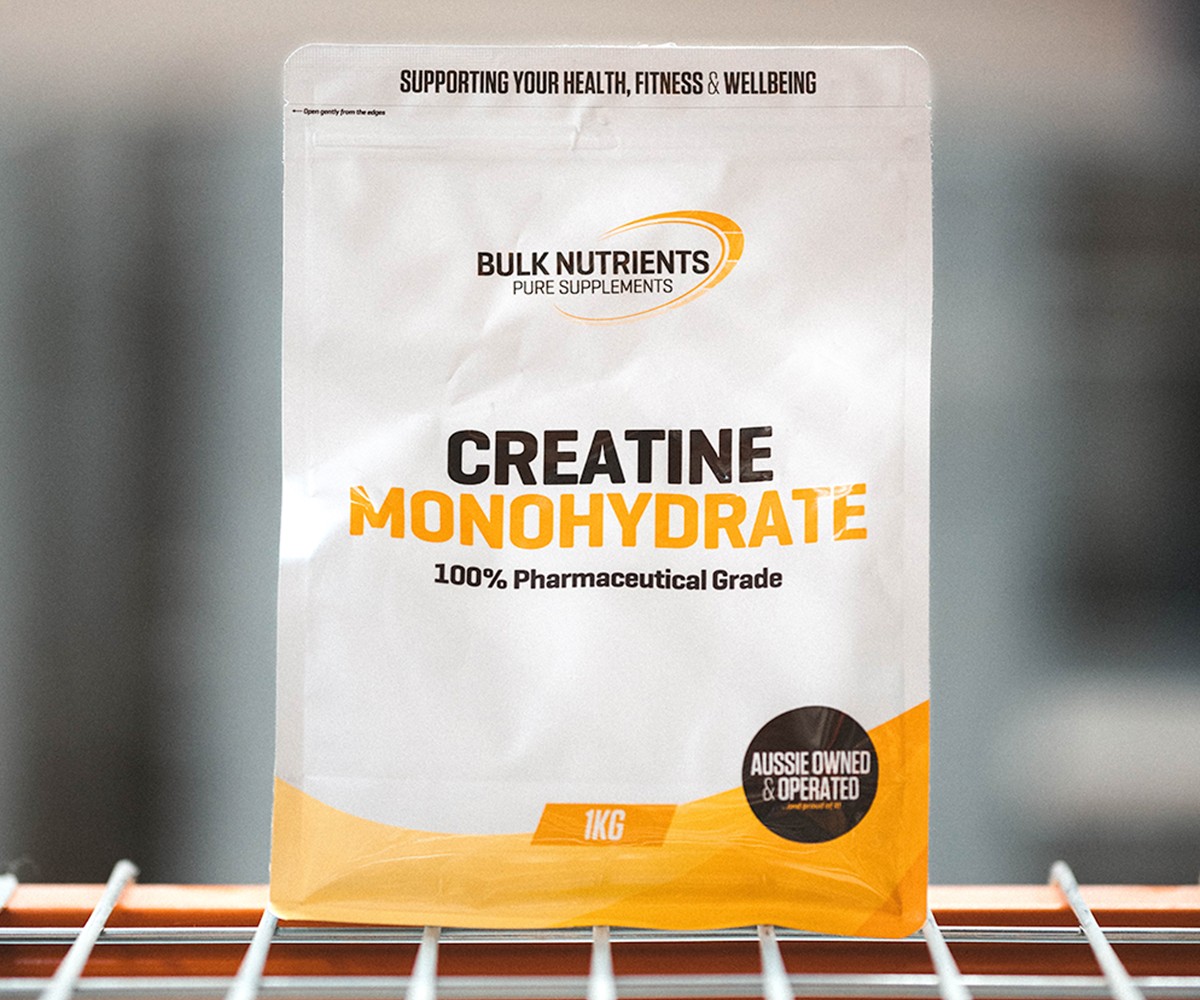
Some negative effects of creatine
- Can cause stomach upset/nausea if taken in too higher a dosage.
- An increase in body mass can be potentially detrimental to weight class athletes (I.e. Powerlifters, Olympic lifters, MMA Athletes, runners).
How to supplement with creatine
- Creatine Monohydrate is the most effective and cheapest type of Creatine to use. Micronized Creatine Monohydrate dissolves in water more easily, which can be more practical.
- Creatine Monohydrate can be supplemented through a loading protocol. To start loading, take 0.3 grams per kilogram of body weight per day for 5–7 days, then follow with at least 0.03 g/kg/day either for three weeks (if cycling) or indefinitely (without additional loading phases). For an individual weighing 80 kg, this means 24 g/day during the loading phase and 2.4 g/day thereafter. Higher doses (up to 10 g/day) may be prudent for those with a high amount of muscle mass and high activity levels.
- After loading, a maintenance dose of 3-5 grams/day would be used post-workout on training days, or with any meal on non-training days.
- Creatine Monohydrate stores are generally maximised after one month of loading and remain elevated for up to 6-weeks once Creatine supplementation ceases.
- You can take it at any time, although try not to take it with caffeine as there is some research showing they can counteract each other’s effects 5.
Get your hands on the best quality and value for money Creatine Monohydrate here.
References:
- Bemben, M. and Lamont, H., 2005. Creatine Supplementation and Exercise Performance. Sports Medicine, [online] 35(2), pp.107-125. Available at: <https://pubmed.ncbi.nlm.nih.gov/15707376/>.
- Hespel, P., ‘t Eijnde, B. and Van Leemputte, M., 2002. Opposite actions of caffeine and creatine on muscle relaxation time in humans. Journal of Applied Physiology, [online] 92(2), pp.513-518. Available at: <https://pubmed.ncbi.nlm.nih.gov/11796658/>.
- Kreider RB. Effects of creatine supplementation on performance and training adaptations. Mol Cell Biochem. (2003) 244(1-2):89-94. Available at: <https://pubmed.ncbi.nlm.nih.gov/12701815/>.
- Preen, D., Dawson, B., Goodman, C., Beilby, J. and Ching, S., 2003. Creatine Supplementation: A Comparison of Loading and Maintenance Protocols on Creatine Uptake by Human Skeletal Muscle. International Journal of Sport Nutrition and Exercise Metabolism, [online] 13(1), pp.97-111. Available at: <https://pubmed.ncbi.nlm.nih.gov/12660409/>.
- Santos, R., Bassit, R., Caperuto, E. and Costa Rosa, L., 2004. The effect of creatine supplementation upon inflammatory and muscle soreness markers after a 30km race. Life Sciences, [online] 75(16), pp.1917-1924. Available at: <https://pubmed.ncbi.nlm.nih.gov/15306159/>.
Related Blogs
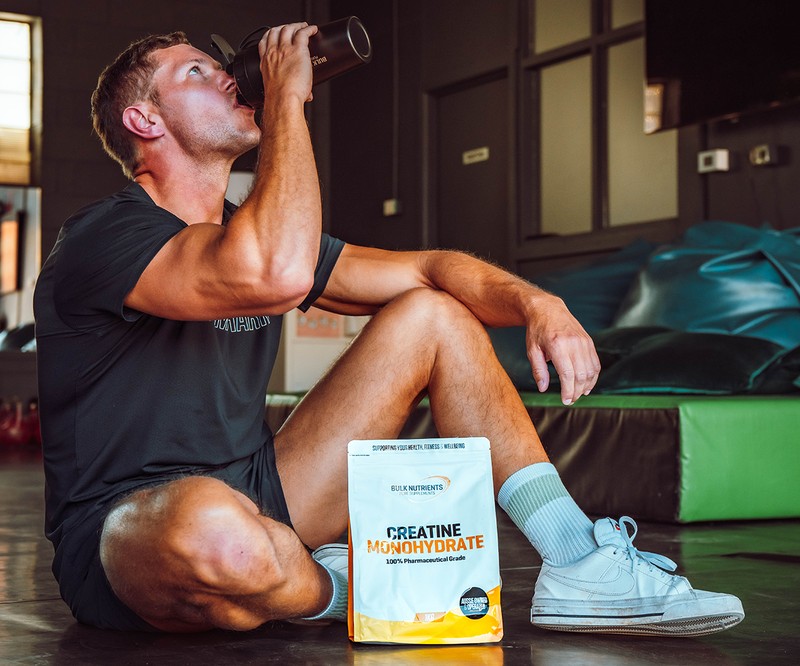
Does Creatine Lead to Water Retention?
Posted by Bulk Nutrients
Estimated reading time: 5 minutes
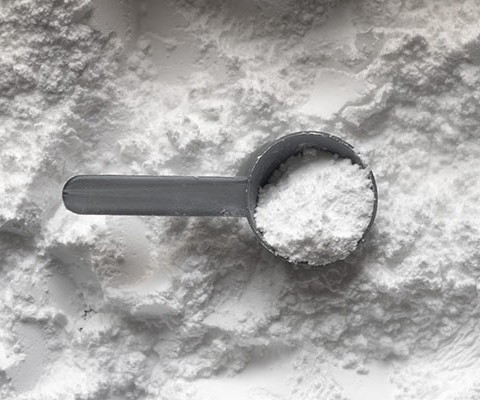
Vegan Creatine Benefits
Posted by Bulk Nutrients
Estimated reading time: 5 minutes
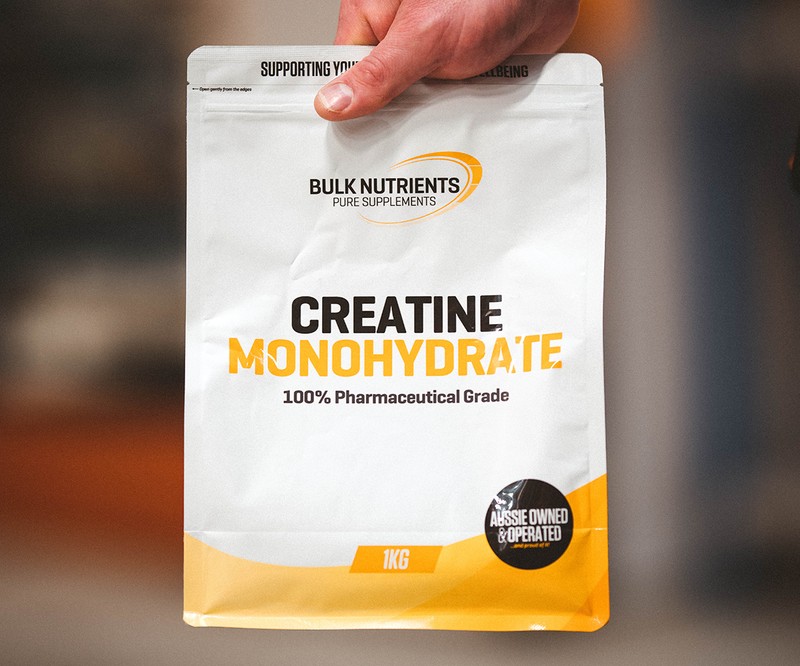
Creatine Monohydrate - Benefits, Usage and Product Information
Posted by Nick Telesca
Estimated reading time: 5 minutes
